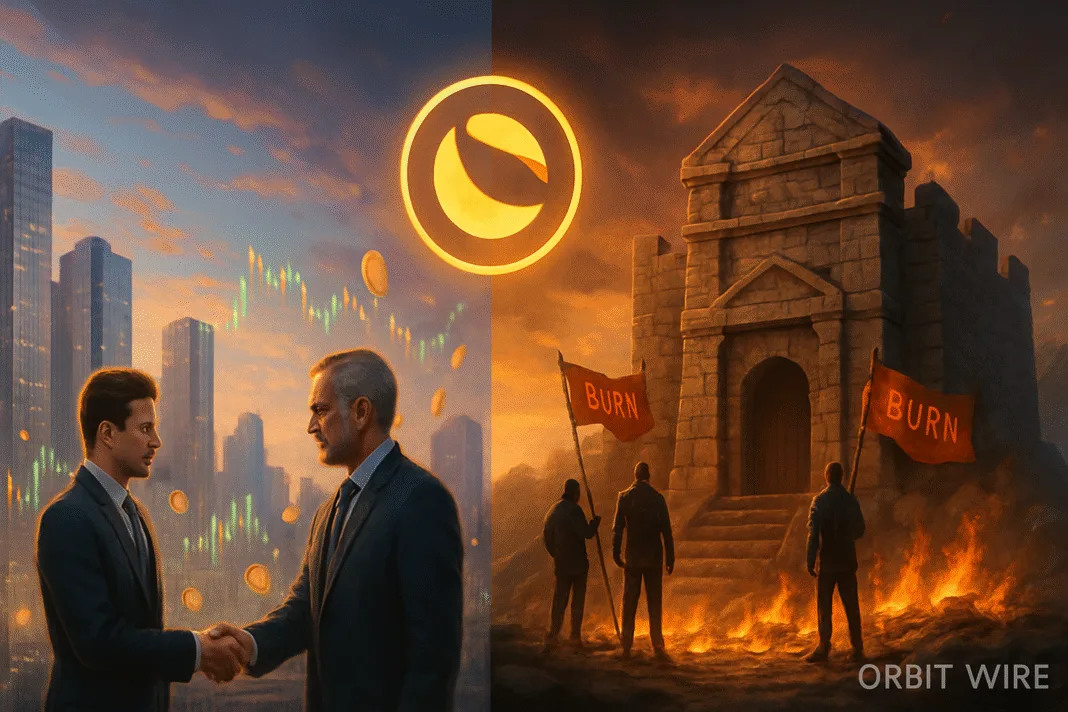Luna Classic Burn Tax Debate: Should the Tax Be Reduced, Maintained, or Increased?
In any blockchain ecosystem, real strength comes from its community. For Luna Classic (LUNC), one of the most important and debated topics right now is the burn tax. The community is divided on the best path forward for this key mechanism.
The Case for Reducing the Luna Classic Burn Tax
Some community members support lowering the burn tax on Luna Classic transactions. Their main reasons include:
-
Increased trading activity on exchanges
-
Higher liquidity for LUNC tokens
-
Greater adoption of LUNC in decentralized finance (DeFi) applications
The argument is simple: reducing the burn tax lowers transaction costs, encouraging more traders and users to participate. This could accelerate the growth and adoption of the Luna Classic ecosystem.
Why Some Want to Keep or Increase the Burn Tax
On the other side, many believe the burn tax should be maintained or raised. They see the burn tax as essential for Luna Classic’s recovery because it:
-
Provides funding for the community pool
-
Supports the oracle pool for accurate price feeds
-
Creates deflationary pressure to reduce token supply
For these supporters, the burn tax is the driving force behind ongoing development and sustainability. Until a better alternative emerges, the tax must stay in place or be increased.
Why the Burn Tax Debate Is Crucial for Luna Classic’s Future
This ongoing debate highlights the importance of on-chain governance in the Luna Classic blockchain. It’s not just about differing opinions but about how diverse perspectives come together to shape the future of LUNC.
How You Can Influence the Luna Classic Burn Tax Decision
Ultimately, the future of Luna Classic depends on its community. Your vote, your voice, and your participation in governance decisions will determine whether the burn tax is reduced, maintained, or increased.
Join the discussion and help decide the future of Luna Classic today!

